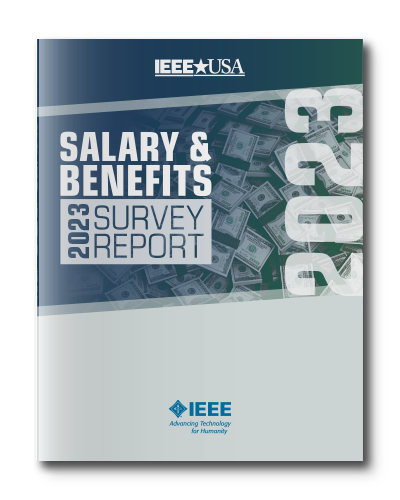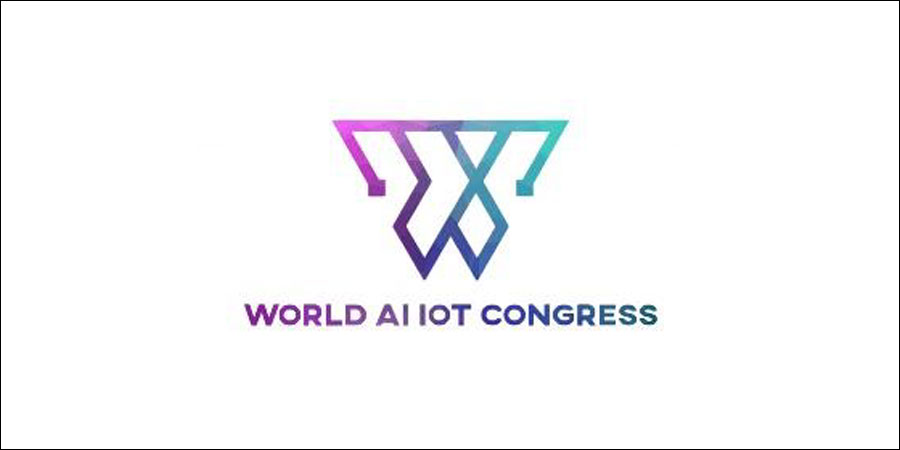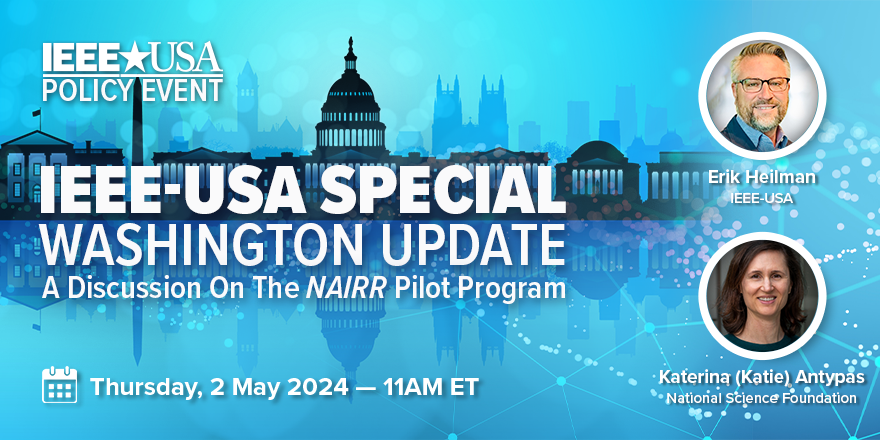Fellowship Programs & Applications
Deadline for 2025-2026 fellowships – FRIDAY, 9 DECEMBER 2024, 12:00 PM ET
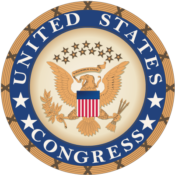
Overview
IEEE-USA created the Congressional Fellowship program in 1973 to:
- to enable IEEE’s U.S. member to make practical contributions to the public policy process, promoting more effective use of scientific and technical knowledge in the U.S. government;
- to help educate the scientific and engineering community on the public policy process; and
- to broaden the perspectives of the science, engineering, and governmental communities regarding the value of such interaction.
Since inception, more than 100 IEEE U.S. members have worked on Capitol Hill as advisors to the U.S. Congress, serving on the personal staff of a Senator or Representative, or the professional staff of a congressional committee, of the fellow’s choosing.
Each year, the IEEE-USA Government Fellows Committee selects eligible IEEE members from a pool of applicants to serve a one-year fellowship on Capitol Hill. Selections are made on the basis of the applications and interviews with the Committee. The Committee is composed of IEEE members, some of whom are former fellows. The IEEE-USA Board approves the Committee’s selections.
IEEE-USA Congressional Fellowships run 1 September – 31 August each year.
It is notable that one professional organization in particular, the Institute of Electrical and Electronics Engineers (IEEE), currently supports several Congressional Fellows, all of whom are engineers in senior level positions. Members’ offices and committees have found these individuals among the most helpful and productive Congressional Fellows.
Congressional Fellowships Application Info
 If you wish to apply for an IEEE-USA Congressional Fellowship, please apply directly to IEEE-USA using the application linked to this page. Do not apply to AAAS for the IEEE-USA Fellowship.
If you wish to apply for an IEEE-USA Congressional Fellowship, please apply directly to IEEE-USA using the application linked to this page. Do not apply to AAAS for the IEEE-USA Fellowship.
IMPORTANT NOTE: While you may apply for more than one of the IEEE-USA fellowships (Congressional, State, USAID) in any one year, you must be sure to submit a completely separate cover letter and separate supporting packages for each type of fellowship. Each of your statements of intent and reference letters must carefully illustrate your understanding of the specific type of fellowship for which you are applying. These cover letters illustrate to the selection committee your understanding and awareness of the distinctions between the responsibilities of legislative and executive branch personnel. IEEE-USA will not accept one application package in which you state you are interested in all three types of fellowships.
Please send your application to Erica Wissolik at e.wissolik@ieee.org. We must receive your application via e-mail by the deadline for it to be considered valid.
If selected as a finalist, the Fellows Committee will invite you for an interview on one of the scheduled interview days. Interviews may be held in-person or virtually. Interviews may not be rescheduled and must occur on one of the specified days.
Staff Contacts
Erica Wissolik
Program Manager, Government Activities
Phone: 202-530-8347
Email: e.wissolik@ieee.org


